SFB 1119 CROSSING
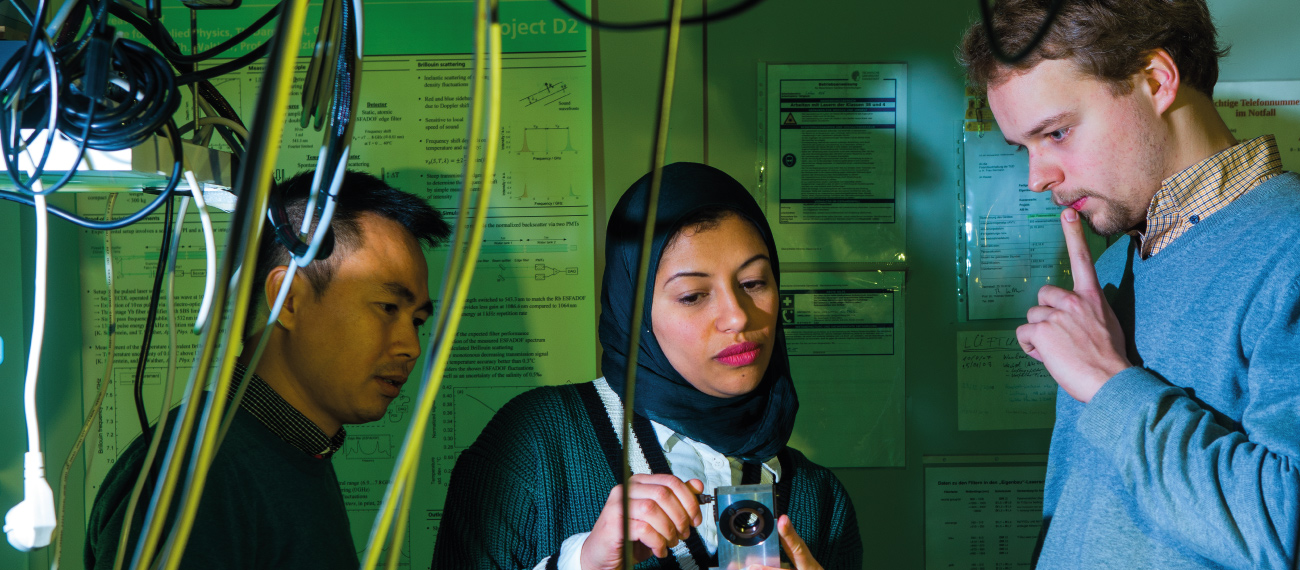
Feature Stories
The Feature Stories present the research in CROSSING and the Profile Area for Cybersecurity (CYSEC) in an interesting and understandable way: our research in a nutshell.

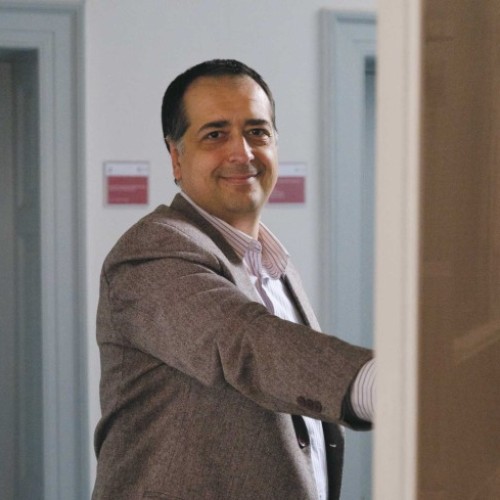
New dimensions in quantum physics
Theoretical physicist Vladimir M. Stojanovic took a circuitous route to his research on quantum computers. He is now presenting findings that could provide decisive impetus to this field of research. His work is supported by the Collaborative Research Center CROSSING.
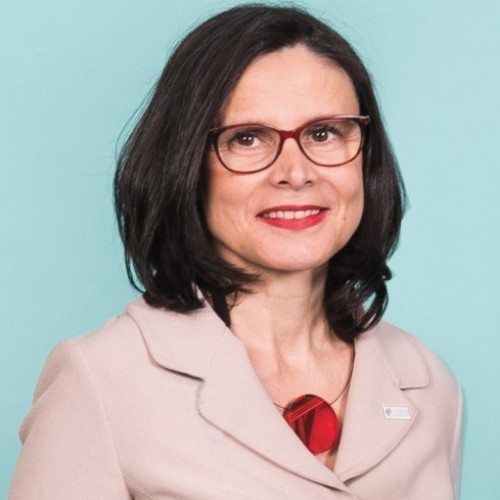
Programming approaches for the smart connected world
The world is turning into a global “supercomputer” consisting of sensors, smart devices, laptops, desktops, and (cloud) servers all connected via the Internet. A team led by computer sciences Professor Mira Mezini is developing new programming approaches that automatically deal with the complexity of this “world supercomputer” so that software developers can focus on solving real problems.

Race against the big code breaker
Quantum computers may be able to crack the encryptions common in the network in ten years – even retroactively. The Darmstadt cryptographer Dr. Juliane Krämer counters with mathematics.
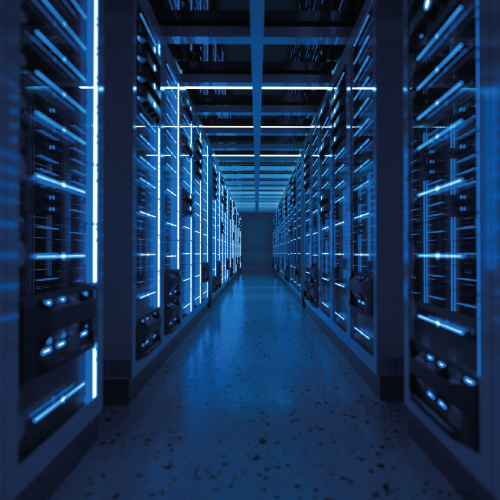
Computer science for peace
He is conducting research and teaches on the interface between computer science and peace and conflict research. Professor Christian Reuter explains in the following interview how IT can be used during war and to bring about peace.
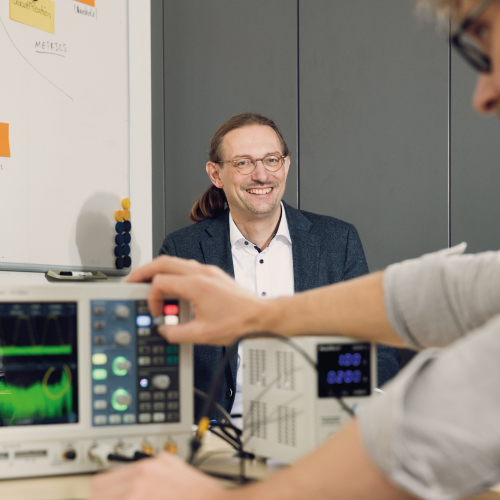
A better poker face for computers
Spectacular security loopholes discovered in modern processors are setting new challenges for scientists: Computer Science Professor Heiko Mantel and his team are studying the danger of difficult to detect attacks via so-called side channels and possible countermeasures.
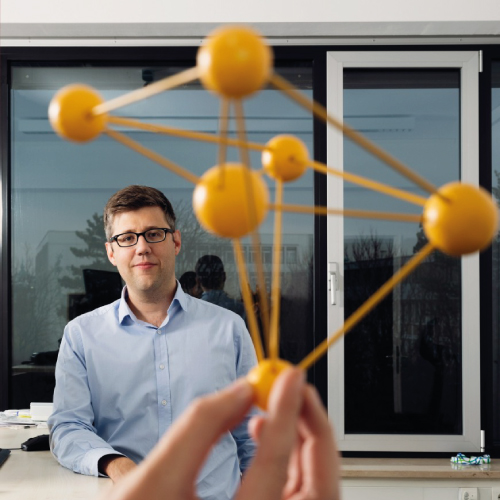
Blockchains in real-time
Blockchains promise widescale open Internet applications that are organised decentrally. This comes at the price of slow performance for every transaction processed by the system. Cryptography researchers around Professor Sebastian Faust have achieved global awareness with their approach to facilitating real-time transactions using blockchains such as Ethereum.
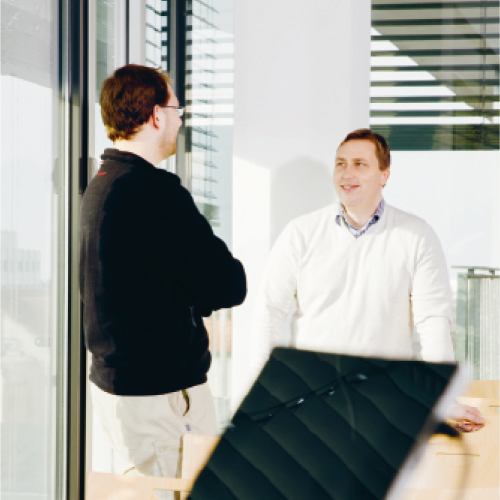
Eavesdrop resistant into the future
The TLS 1.3 protocol will provide the Internet with a new standard for encrypted com-munications. Led by Professor Marc Fischlin, a team of researchers at the TU Darmstadt collaborated in the analysis of the protocol and tested its cryptographic processes. These are more efficient and less error prone, but are they future proof?
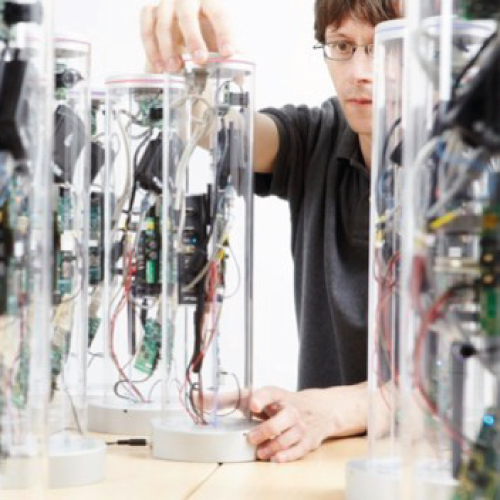
Vertrauen ist gut, Kontrolle ist besser (only available in German)
Wer im Internet seine Kreditkarteninformationen oder andere sensible Daten eingibt, sollte vorher immer einen Blick auf die Adresszeile seines Browsers werfen: Signalisiert dort ein grünes Schloss, dass die Verbindung gesichert ist und der Server sich mit einem Zertifikat ausgewiesen hat?
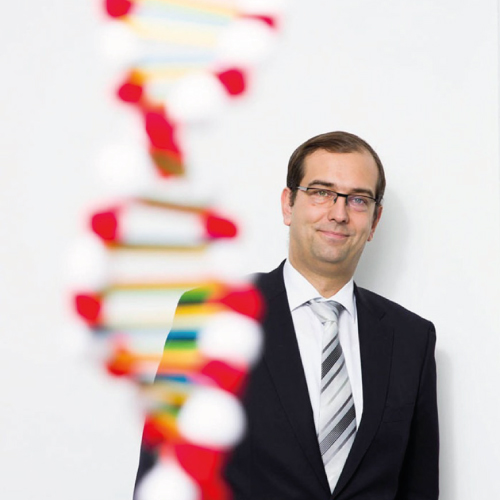
Genetic material on offer
The more we know about our genome data, the better our doctors will be able to treat us in the future. But how can we make use of this sensitive data, without allowing it to be misused? The IT specialists around Stefan Katzenbeisser and Kay Hamacher from the Technische Universität Darmstadt want to encrypt genome data so skilfully that it is still possible to carry out mathematical analyses.
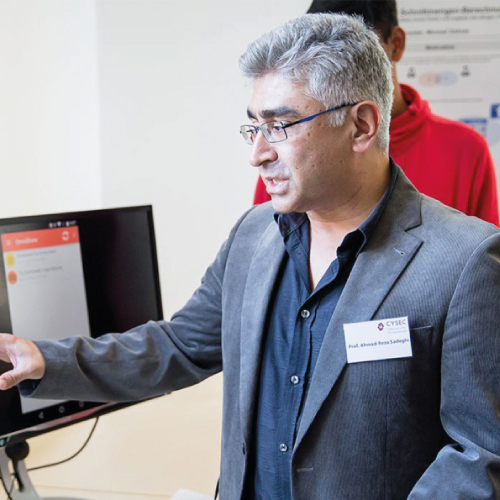
Angriff auf die Bordelektronik (only available in German)
Wissenschaftler im Sonderforschungsbereich »CROSSING« arbeiten daran, moderne Autos mit ihrer umfangreichen elektronischen Ausstattung vor Hackerangriffen zu schützen.
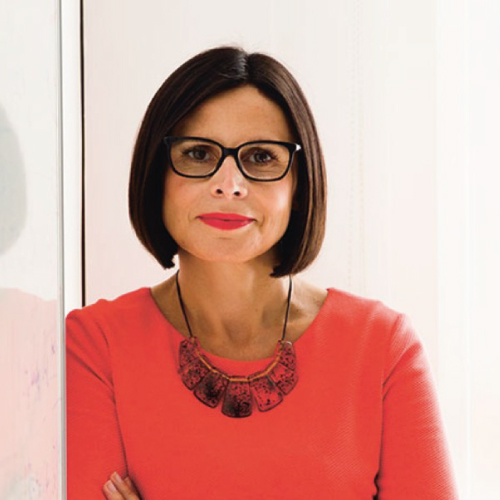
Eavesdropping prohibited
Sometimes, when two people or software applications are communicating via the Internet, a third party is listening. Cryptographic protocols could prevent this situation, but software developers often find it difficult to correctly integrate them into applications. This is the reason why researchers at the TU Darmstadt want to automate encryption.

